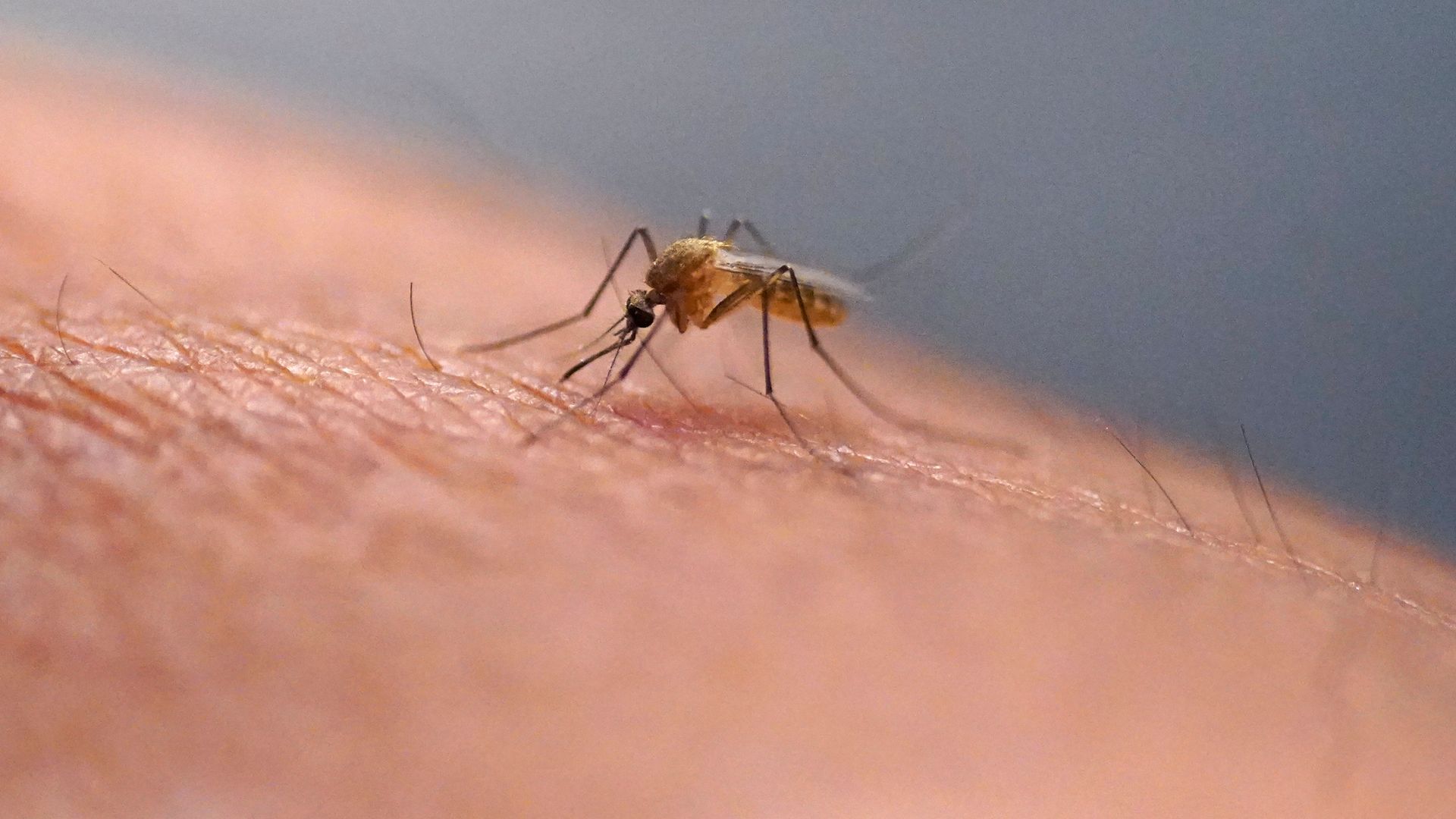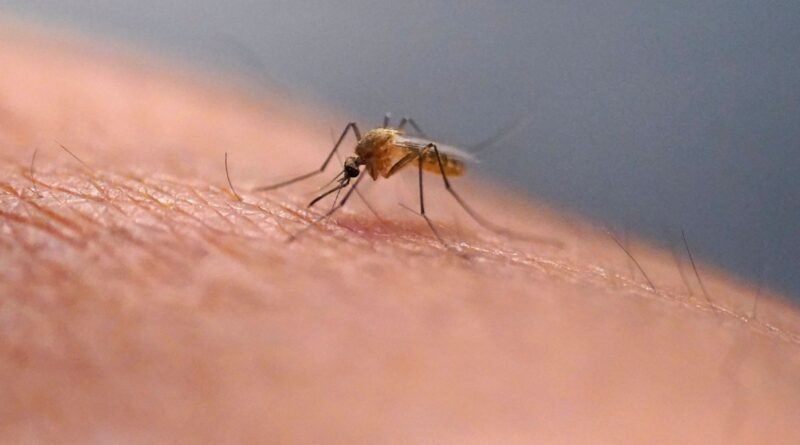Understanding the EEE Virus: Its Lethality and Impact on Park Closures in the US

A man has died and public parks are being closed after cases of a deadly mosquito-borne virus in two US states.
The man died in New Hampshire after being hospitalised due to “severe central nervous system disease” caused by eastern equine encephalitis (EEE), state authorities said.
A man in his 80s has also caught the virus in Massachusetts this week, prompting the rollout of insecticide sprays and public parks being closed from dusk until dawn, the state public health department said.
There have been five cases of the virus this year, seven reported last year, and 38 before the coronavirus pandemic in 2019.
What is EEE – and why is it so deadly?
Eastern equine encephalitis is spread by infected mosquitoes often found in freshwater hardwood swamps.
It was first detected in horses in Massachusetts in the 1800s.
Although human-to-human transmission is extremely uncommon, the virus is deadly – a third of those who contract it will die, usually around 10 days after being bitten.
Symptoms, which usually develop between four and 10 days after becoming infected, include:
- Fever;
- Body aches;
- Vomiting and diarrhoea;
- Extreme tiredness;
- Encephalitis (brain inflammation).
The US public health body, the Centers for Disease Prevention and Control (CDC), warns that those who do recover can suffer serious long-term neurological damage.
This includes intellectual impairment, personality disorders, seizures, paralysis, and cranial nerve dysfunction.
Some people are asymptomatic, it adds.
How common is it – and is there a cure?
Cases are very rare – with only a few logged in the US each year. Most of them occur in eastern or Gulf Coast states during peak mosquito season – in August and September.
As such, no vaccine has been developed, and symptoms are treated with anti-viral drugs, but there is no ‘cure’.
Read more from Sky News
What we know about sloth virus
Experts ‘working blind’ to prevent mpox
‘Bluetongue’ virus detected in the UK
New Hampshire state epidemiologist Dr Benjamin Chan said the current risk will only cease when “a hard frost” kills the carrier mosquitoes.
Humans and horses are considered ‘dead end’ hosts, so do not pass on the disease once infected.
Records show one case of EE being transmitted from one organ donor to three recipients. The death in New Hampshire is the first recorded this year.
How is it prevented?
Both New Hampshire and Massachusetts are taking measures to help prevent people from getting infected. The CDC advises the following to avoid getting bitten;
- Use bug spray with DEET or picaridin when outside;
- Dress in loose-fitting clothes that cover the arms and legs;
- Empty standing water receptacles – including dog bowls, flower pots, bird baths, and children’s toys.


